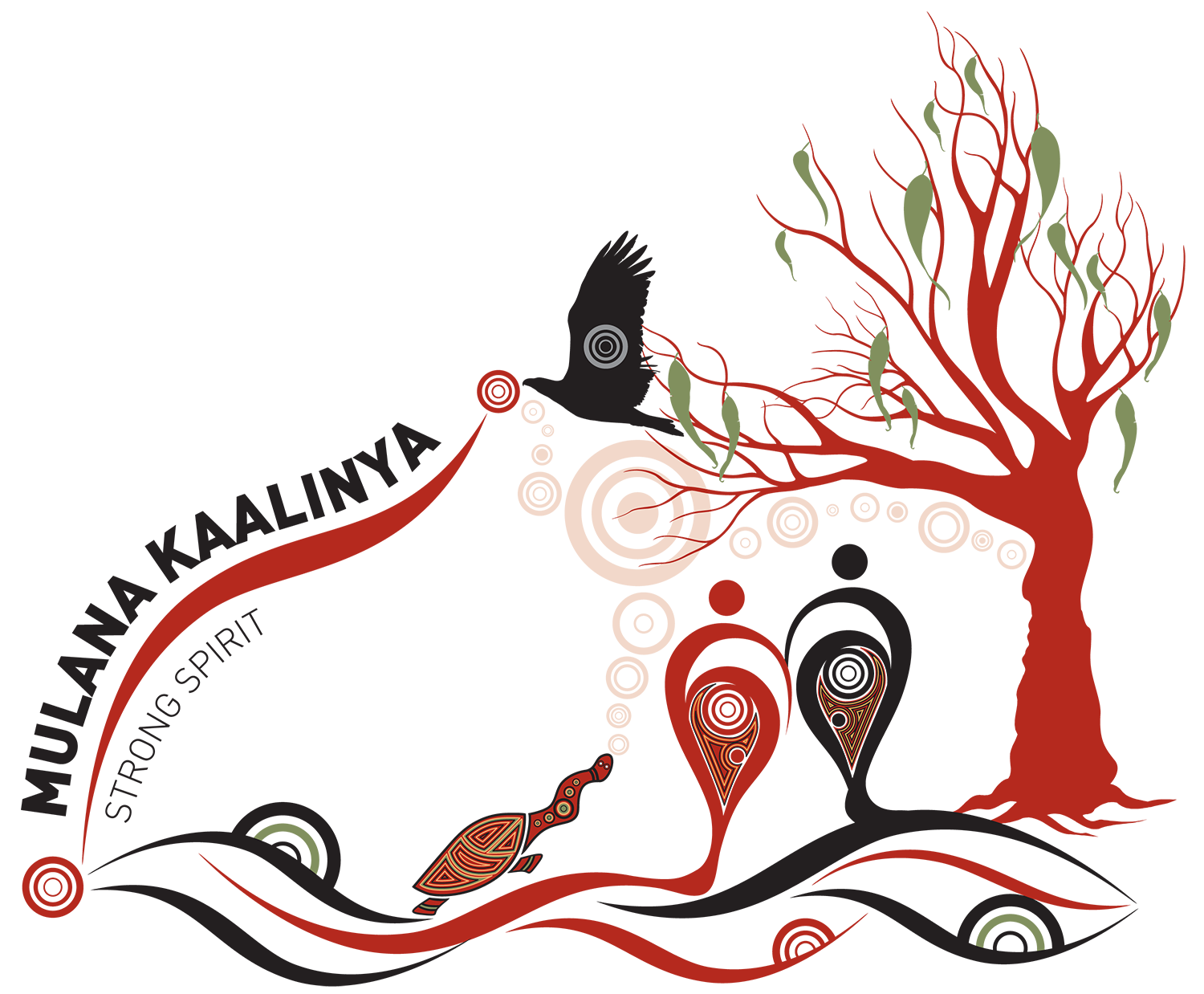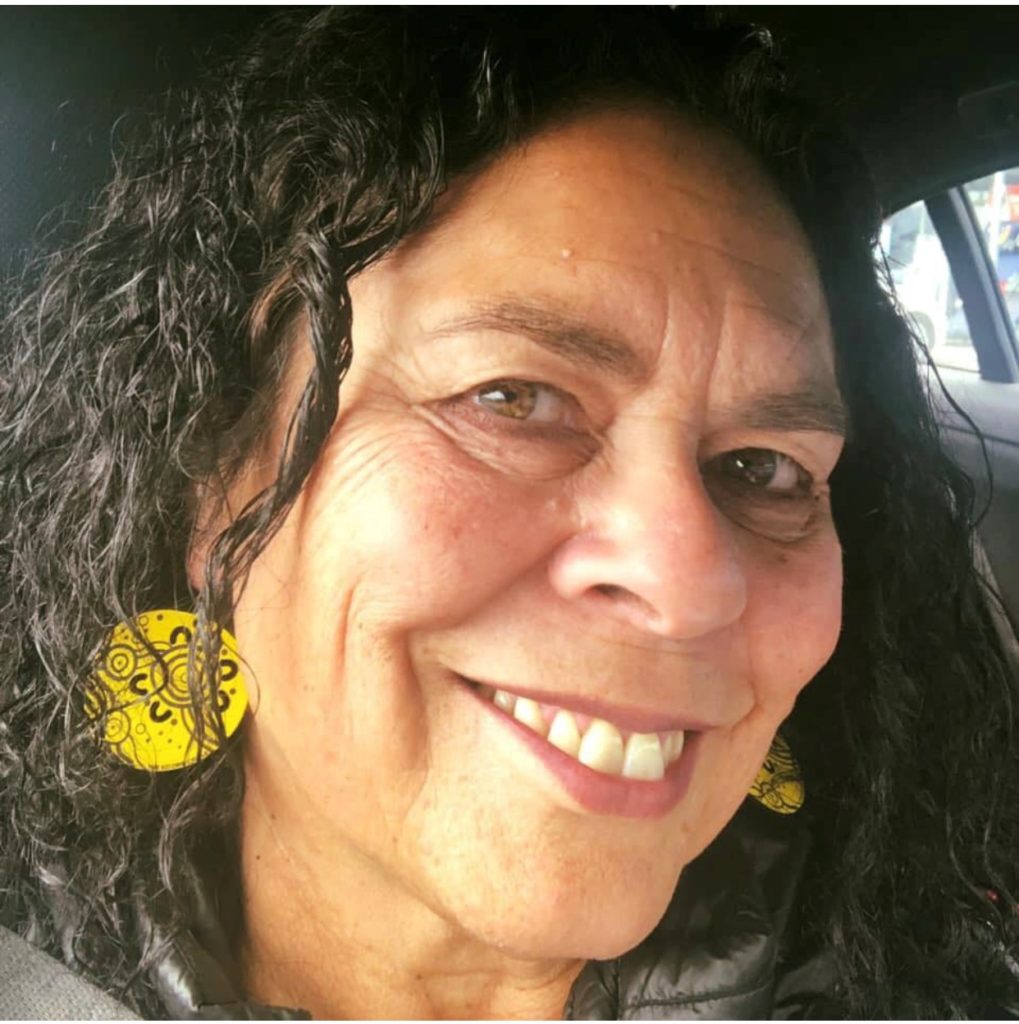Introduction
Throughout Module Two we had talked about Culture, Cultural Identity, How Culture Impacts Health, and Cultural Safety, all of which clearly highlight the importance of identifying Aboriginal people, so that you as professionals and clinicians can support Aboriginal people appropriately and act in a more culturally sensitive and specific way.
Definition of Aboriginality
This definition is a three-part definition requiring all 3 parts to be established for Aboriginality to be recognised:
- descent (the individual can prove that a parent is of Aboriginal or Torres Strait Islander descent)
- self-identification (the individual identifies as an Aboriginal or Torres Strait Islander); and
- community recognition (the individual is accepted as such by the Aboriginal or Torres Strait Islander community in which he/she lives).
Reference: www.naccho.org.au
Most Aboriginal people are not asked to ‘prove’ Aboriginality today, but to ‘confirm’ which has a much nicer connotation to it. Asking people to prove it is a quite forceful way to approach that question, particularly as so many are already feeling disenfranchised e.g., stolen generation members.
Why do we ask the Aboriginality question?
Closing the Health Gap framework requires the Aboriginality question to be asked of every patient entering your service. This question is also asked across most sectors of the community today e.g. education, justice, employment, housing, aged care and disability, and child and family services etc. The identification of Aboriginal people then provides services with the capacity to provide support, and guides services as to the types of services and approaches to service delivery that may be needed.
Identifying Aboriginality opens the dialogue between physicians and Aboriginal patients as to their cultural and spiritual needs whilst at that service, in that hospital, or receiving palliative care. If an Aboriginal Elder is in the final stages of life, it opens the conversations as to the Elders spiritual needs e.g. Would they like to be visited by their Church Pastor, or do they want an Aboriginal Elder to visit and complete a smoking ceremony or other rituals to help them on their final journey to the Dreaming?
For example, across the health sector and with Closing the Health Gap in place, this question will have multiple impacts on your work with Aboriginal patients including:
- Aboriginal services that may be offered.
- Referrals to Aboriginal organisations if chosen.
- Closing the Health Gap information and eligibilities e.g. men’s and women’s health checks, chronic disease issues, and eligibility for Pharmaceutical Benefits Scheme (PBS) for Aboriginal people via General Practitioners.
- Cultural interactions and communication factors that may exist e.g. lack of eye contact from some Aboriginal people – this is cultural.
- Why a large group of Aboriginal family members may attend the hospital to visit a family member.
- The cultural needs of Aboriginal patients e.g. ceremonial, rituals to be considered during final stages of life.
- To be mindful of other factors such as possible numeracy and literacy issues, racism, fear of stolen generation/child protection issues arising, the range of health and life issues that may be impacting on a person’s life, and therefore the need for additional support, planning, communication, to identify the best way forward. E.g. developing a plan of action that is achievable amidst the other pressures of life.
- Service data and funding
- Informing the data collected by government to ascertain the status of Aboriginal health in Australia. E.g. a more accurate census than the census. This also relates to education, employment, housing data feeding into government assessments and measures of Aboriginal Australia and our access to services across all sectors.
Asking the Question:
How should you ask the question?
This question has been known to be asked in a wide range of appropriate and inappropriate ways – and at times staff e.g. admissions at hospitals, may avoid asking the question out of fear of embarrassing someone by asking it. That attitude itself may be offensive. This question should be asked just like any other question such as religion, date of birth, medical issues and so forth. It is then up to the patient/individual to answer as they feel comfortable.
This question is asked in two different ways across services:
Question One: “Are you of Aboriginal or Torres Strait Islander descent?” OR
Question Two: “Do you identify as Aboriginal or Torres Strait Islander?”
Both can generate very different responses.
- Some people may simply provide a positive response to both questions.
- Some may say no to both.
- Some may say I am, but I don’t want you to put it down.
- Some may say no, but you may think it’s very clear that they are.
So, which is the right way? As a consultant and nurse of over twenty years, I have my own personal view about these questions, and want to throw a spanner in the works.
If you ask:
- “Are you of Aboriginal or Torres Strait Islander descent?” you or more likely to be able to identify if someone is Aboriginal, from their response.
If you ask:
- “Do you identify as Aboriginal or Torres Strait Islander?” this may not enable you to identify whether that person is in fact Aboriginal or Torres Strait Islander. This is because, they may be of descent, but just don’t identify, and will therefore respond to your specific question in the negative.
Going back to the first question about descent – if they are more likely to say “yes, but I don’t want you to put it down”, you at-least know that they are. You can honour their request not to document their Aboriginality. However, you can then also still consider some aspects of their care and your approach regardless. This means you may still act in a culturally sensitive way, consider health factors of concern for Aboriginal people as part of a health assessment, and you may still need to be mindful of extended family, communication, health literacy, and cultural needs.
Of course, you will be required to abide by your employers policies and procedures, and the appropriate question as outlined on their documentation, but now you can also be more mindful and be open for debate amongst you peers about this question. What is most paramount, is that the patient/client receives the most appropriate care for their needs, to gain the best outcome.
Other Possible responses:
- If they respond with: “What are you asking me that for?” your explanation should be simple and brief: “This just helps us make an assessment of what your needs are today”.
- Do not state:
- “If you are Aboriginal you will be eligible for free medications”. This may lead to anyone and everyone identifying as Aboriginal. Or bring forth an angry response by people who may not understand. OR
- This is just for stats – as we do not wish to be considered just a number.
Identification
What if a person is clearly Aboriginal but refuses to identify as such?
- It is their right to decline to identify as Aboriginal. You should not challenge this in any way.
- They may have had a negative experience previously and now prefer to de-identify so as to avoid negative experiences based on their Aboriginality.
- If they refuse to identify publicly but still wish to be eligible for Closing the Health Gap or other Aboriginal specific services, remind them that eligibility for those services is based on their identification as Aboriginal. Refer to the Aboriginality definition.
What if a person identifies as Aboriginal but you do not believe they are?
E.g. you may have known them all your life, went to school together and never knew them as Aboriginal.
- There could be a number of reasons why they could actually be Aboriginal but you never knew, or they had never identified as such. E.g. fear of racism and retaliation, easier to get through their childhood years by de-identifying, or only just discovered Aboriginal heritage.
- They may have always identified but the rest of the family refused to acknowledge this out of shame e.g. grandfather had an Aboriginal partner in his past that is not acknowledged out of embarrassment.
Aboriginality is not for you as a professional person to challenge. You can only take the word of a client/patient. It is expected that Aboriginal community organisations will address such matters in due course when a Confirmation of Aboriginality is required, or an Aboriginal staff member is in the position to question and ask for confirmation.
Skin Colour
- We often hear of Aboriginal people having their Aboriginality challenged by people questioning them on the colour of their skin or shape of their body. E.g. “oh, but you’re white” or “but you don’t have skinny ankles”. DNA and genetics mean that we could have an Aboriginal father and non-Aboriginal mother and have white skin – that does not mean we are not Aboriginal. As for the shape of our bodies, really?
Fear of Identifying
Understanding patient fears and concerns (historical)
- Even today, Aboriginal women often have significant fears around attending medical services, antenatal services and hospitals due to the historical impact of stolen generation, child protection interventions, and the high number of Aboriginal children in out of home care today.
- By being aware of Aboriginality and understanding such fears, staff can provide support, and be mindful of such issues and fears.
- Intergenerational grief, loss and trauma is significant across the Aboriginal community and should not be underestimated when working with Aboriginal patients/clients.
- Understand that Aboriginal people may have longstanding health issues relating to mental health, depression, grief, loss and trauma, but may not be able to identify exactly what is ailing them. When you are close to a situation and living it, it may not be so easy to identify.
Service responsibility
Identifying Aboriginal people is reliant on the willingness of services to ask about Aboriginality, document clearly, understand why they are asking and being able to explain to others how that information is used. It’s also reliant on Aboriginal people feeling safe enough to respond honestly without fear.
If you don’t understand the definition of Aboriginality and make your own judgments, don’t understand why the question is asked, fail to ask, or ask in an inappropriate way, a range of negative outcomes can follow.
- Both Aboriginal and non-Aboriginal people will be offended
- Anyone may claim Aboriginality even when not e.g. believing benefits may apply
- Aggressive responses may follow
- Inappropriate referrals may be made
- Aboriginal people needing additional support may not be referred to appropriate services
Important considerations when asking the Aboriginality Question
- Understanding the definition of Aboriginality
- Actively asking the Aboriginality Question
- Understanding how to ask the question
- Understanding how to explain why asking the question
- Not judging based on Skin Colour e.g., coffee is coffee no matter how much milk we add.
- Demonstrating Cultural respect at all times



